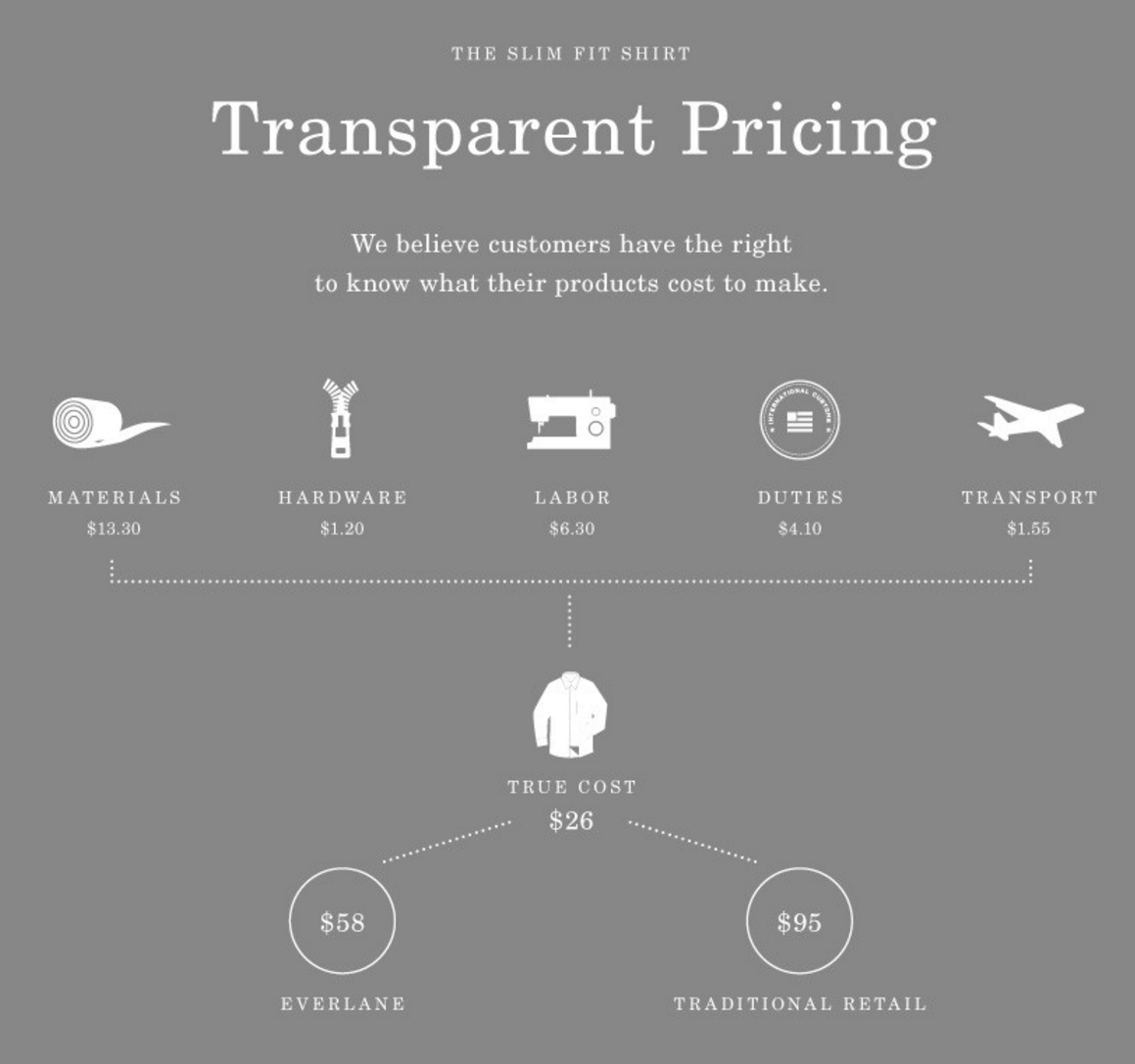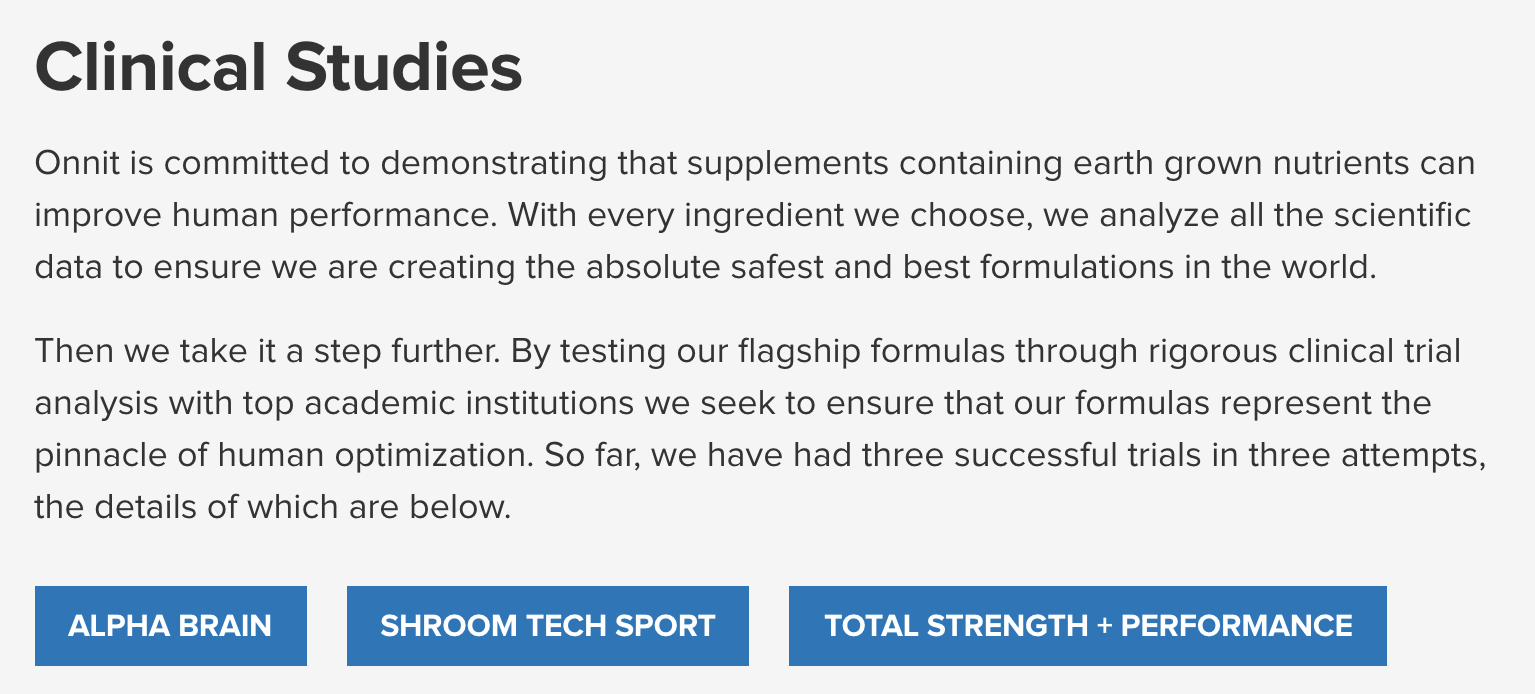Being transparent about your business practices is not only the RIGHT thing to do…
New research suggests it’s also the SMART thing to do.
I’ll explain.
I have to start this with a confession:
I eat out WAY TOO MUCH. I especially enjoy going to new restaurants. And when you live in New York City, there are a TON of new restaurants opening every month.
It’s great – last week alone, I went to 2 new restaurants.
So, yeah. That’s how I got fat.
BUT…
I also noticed a new trend recently.
I noticed it in restaurants. But the trend is bigger than restaurants. This new trend applies to ANY business. Yes, even your business.
What’s the trend?
I call it the “Glass Kitchen Effect”.
Let me explain.
Kitchens USED to be a black-box:
You order food.
Food comes out.
What happens in the kitchen?
WHO KNOWS?!
Maybe there’s a guy dripping sweat on my fries. Maybe they fished a bug out of my drink – right before they served it. Maybe someone farted on my steak?!
Nobody knows.
But those times are over…
Today, we live in a different world.
Because really: Who wants to eat at a restaurant where you don’t know what goes on in the kitchen?
Most people don’t.
That’s why today, kitchens are OPEN.
Here’s what I’ve noticed:
The trendy thing in restaurants is to put the kitchen in a sort of “glass box.” That way, the kitchen is in its own area. But as a guest, you can see inside.
Maybe this isn’t new. The point is:
What goes on in the kitchen is no longer a mystery.
No longer do you have to TRUST that your server didn’t eat half your appetizer on the way to the table.
You don’t have to trust that your food didn’t land on the floor before it hit the plate.
You don’t have to trust. You can just…
LOOK INSIDE.
At least in theory.
That’s the Glass Kitchen Effect.
And I believe applies to ANY business today.
The Fastest Way to Build Trust for Your Business
David Ogilvy was right:
“The customer isn’t a moron. She’s your wife.”
He said this more than 50 years ago. So I’d add that… he’s your husband, too!
So why do some businesses still try to take their customers for idiots?
Food companies lie about their ingredients. People share fake testimonials inflated revenue numbers. Businesses try to sell hype instead of solutions.
Sometimes they straight up lie. Sometimes it’s big stuff. Sometimes it’s small stuff. For example, more than one person has ripped off my “Life of an Entrepreneur” graphic without giving credit.
But these shady tactics are counterproductive in the long run.
They’re a foolish attempt by companies trying to trick people into buying from them. The result? The exact opposite. These tactics will do is DESTROY all trust, as soon as people find out the truth – and people will find out.
That’s why you should never lie in business.
And why would you? It’s not just unethical. It’s bad for business, too. Because in reality, the FASTEST way to build trust is…
Radical transparency.
Especially today.
For one, anything but being honest doesn’t work:
Everything’s getting reviewed and rated. Everyone knows everything. Almost any information is freely available. Everything is just a Google search away.
So, if you’re trying to sell a sh*tty product or service, the word will spread. Of course, the opposite is true as well. If you sell a GREAT product you’ll get more referrals.
But as it turns out, transparency may be more profitable in the short run, too. There’s some pretty interesting research about this. And there are a lot of real-world examples, too.
What Does Science Say About Business Transparency?
So does being transparent really pay off?
Research seems to suggest… Yes.
Some research seems to suggest that people are even willing to pay more for your products and service when you’re transparent. But new research (here and here) agrees on 3 things.
Specifically, being transparent in your business has 3 positive effects:
- People are more likely to choose you over a competitor
- Customers are more likely to remain loyal
- Customers are more likely to recommend your business to others
However, there are a few important factors to keep in mind.
First, a qualitative study by researchers from the University of Missouri found that for transparency to pay off, customers have to be made AWARE of the things other companies tend to hide.
In other words:
People need to be aware of what’s WRONG first. Then, you can show them that your way of doing business is the RIGHT way.
It makes sense, too. This way, being more transparent can help you set yourself apart from the competition.
What it means for you is…
You need to educate people about how business in your industry USUALLY works. Then, you can use the power of contrast to win more customers.
For example:
My friend Ramit Sethi made it a policy to ban people with credit-card debt from buying his premium products. Makes a lot of sense, when you’re in the personal finance niche, don’t you think?
This may have cost him some sales. But by making this policy public – and explaining the reasoning behind it – he gained more trust.
This is perfectly in line with what the research suggests. It’s not enough to do things differently. You need to tell people about it. You need to make this information EASY TO FIND. Your customers will thank you for it:
“Participants also wanted the information to be available conveniently, through different forms of advertisement rather than having to search for it actively.”
So, don’t make people search for important information. Put it on your website. Talk about it with customers. Share it on social media. And so on.
After all, that’s the whole point of being transparent.
The goal is to give people ALL the information they need. That way, they can make an educated purchase decision. This is also part of the reason why my sales pages are so long.
But there’s another important factor:
You can’t fake it.
It’s one thing to SAY you’re being transparent and honest. It’s much more effective if you can PROVE IT.
How?
One way is to provide independent, unbiased information from a 3rd party. Think, “seal of approval.”
Or you can use testimonials – but be careful. Testimonials can improve or destroy sales.
Finally, another way to is to use an ironclad guarantee that fits your business and customer risks.
But let’s look at some real-world examples of “businesses transparency” done right.
Real-World Business Examples: How to Do Transparency Right
If you didn’t know, now you know:
People want transparency about everything in your business. They want to know about you, your products, and how you do business:
- “What’s in your products?”
- “Where did you source your materials?”
- “How was it made?”
Clothing company Everlane is an example of a business that takes a radically transparent approach to answering those questions.
Take a look at their “Transparent Pricing” information:

Everlane’s transparent pricing
There are a few things to notice and learn from this.
First notice, how they lay out all the costs that go into manufacturing their clothes. From materials to labor to transport. Plus, they don’t hide the fact they’re running a business. But notice how they contrast their markup with traditional retail.
This is really well done – it also matches what the research suggests.
The only thing is…
Based on just this graphic, you kind of have to take their word for it.
So, here’s another example that fixes that problem.
Look how Onnit uses clinical studies to prove the effectiveness of their supplements:

Onnit clinical studies
Onnit is committed to demonstrating that supplements containing earth grown nutrients can improve human performance. With every ingredient we choose, we analyze all the scientific data to ensure we are creating the absolute safest and best formulations in the world.
Then we take it a step further. By testing our flagship formulas through rigorous clinical trial analysis with top academic institutions we seek to ensure that our formulas represent the pinnacle of human optimization. So far, we have had three successful trials in three attempts, the details of which are below.
This not just transparent – it’s smart. All the information is right there. Even for the most skeptical customers. This leaves little room for doubt, right?
Now…
What does all this mean for you?
First, let me tell you how I’m approaching transparency in my own business.
What Does Radical Transparency Mean for Your Business?
For a private company, radical transparency doesn’t mean you have to share EVERYTHING about your business.
For me it means TWO things:
- I’ll continue to be 100% honest about the way I run my business. Even if I risk offending some people.
- I want to share more behind the scenes of what it means to run an online business – and not just the highlight reel.
I believe radical transparency is the key. That’s why I committed to a daily vlog in 2018. If you want some fun AND valuable content about business, make sure you subscribe.
Here’s what I want to hear from you:
How transparent are you in your business right now?
Is there something you don’t want your customers to know? Ask yourself why.
But more importantly…
What can you do to be MORE transparent and set yourself apart from the competition? As you saw from the research, it’s not just the right thing to do. It’s the smart thing to do.
Leave a comment and let me know.








I personally agree with this fact that putting transparency in your business is one of the most important things to earn customers trust after the quality of the product or service you sell. Being deceptive with your customer can give you short-term and quick results but you will never be rewarded with the loyal customers who are always the most valuable assets for your business and will play a role of your brand ambassador.
We (DMIOA) are a Digital Marketing based institute, and strongly agree with your thought, if we lie about our business, then we show our inability to stay committed towards customer service. We are digitized now and no one is left to stay fool, they will sense you, and lead you to get out of the market forever. No doubt transparency is the key factor of present and future marketing scenario.
Hey! Derek,
We (DMIOA) are a Digital Marketing based institute, and strongly agree with your thought, if we lie about our business, then we show our inability to stay committed towards customer service. We are digitized now and no one is left to stay fool, they will sense you, and lead you to get out of the market forever. No doubt, transparency is the key principle of present and future marketing scenario.
Thanks!
You’re right! Transparency is one of the key to success in your business, as long as you know it is legal…
Awesome post! I know you’re getting into the fitness/supplement industry with Vani Hari— as you’ve seen, this has become a huge trend in supplements the past 5 years.
We did the same thing In my past businesses (retail nutrition supplements + wholesale)— we started doing this with transparent supplement labels, manufacturing processes, ingredient sources etc. and it ABSOLUTELY worked from a trust/sales standpoint.
I’m interested to see how more people online take advantage of this (besides income reports).